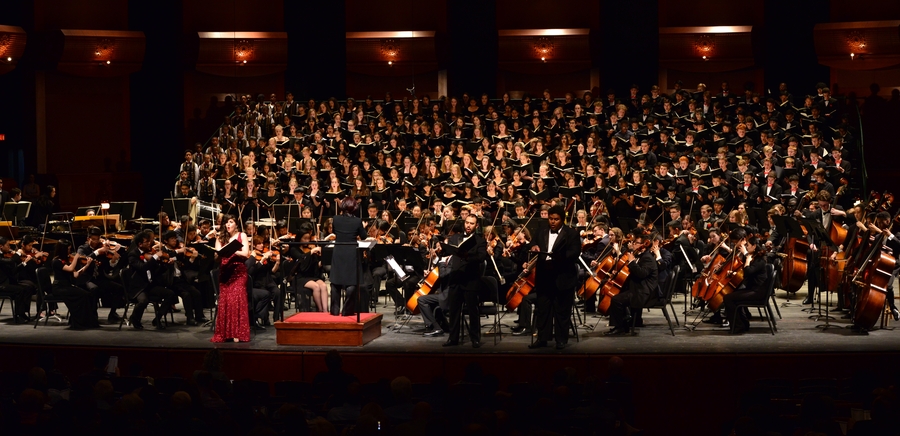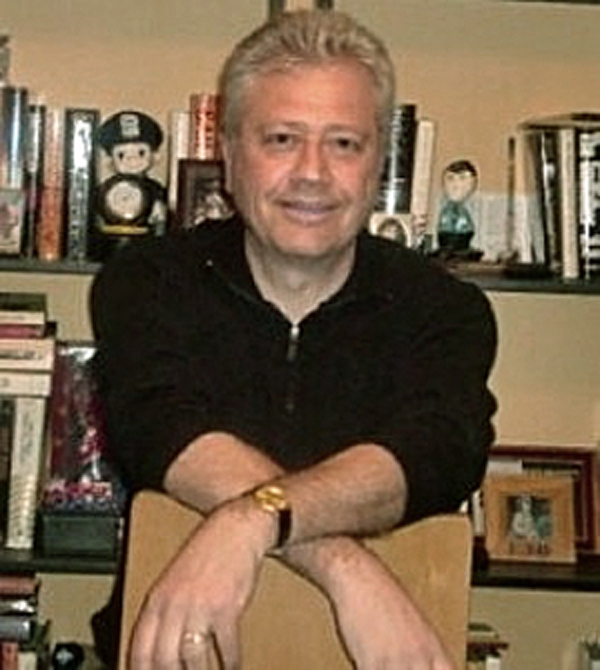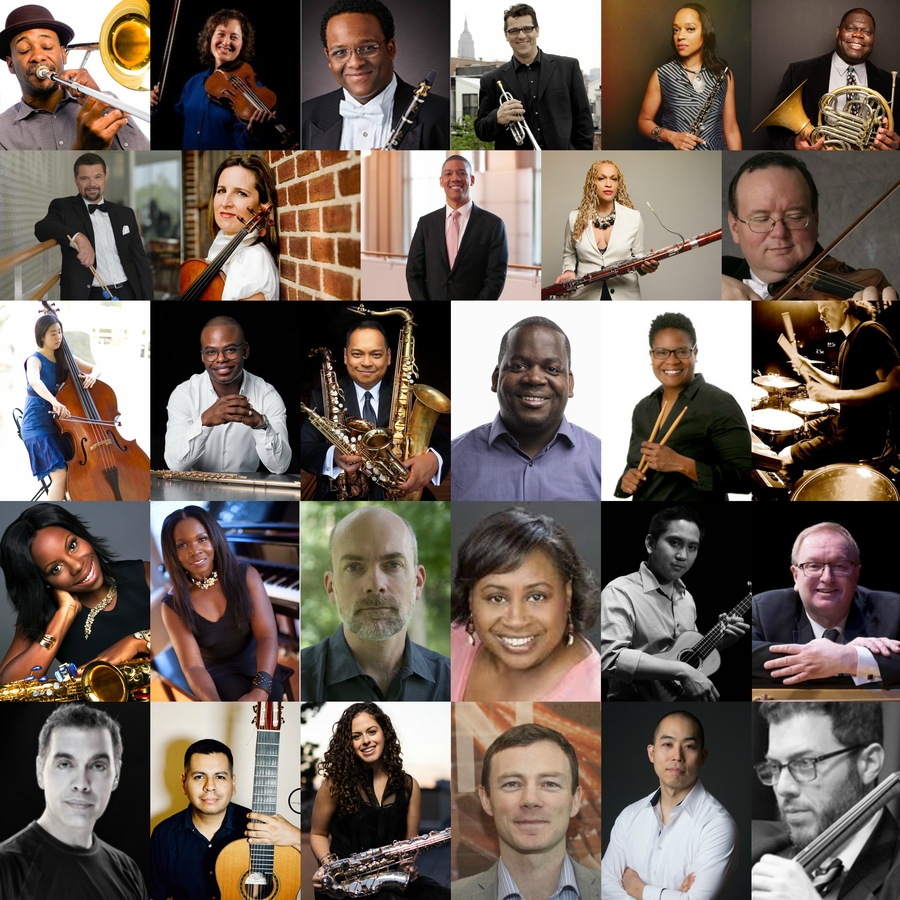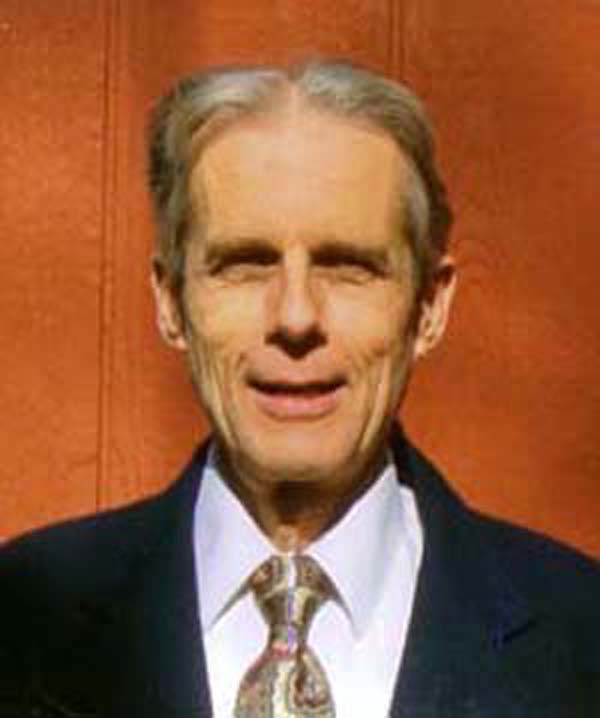The League of American Orchestras has awarded a $18,760 grant to the New Jersey Youth Symphony to strengthen their understanding of equity, diversity, and inclusion (EDI) and to help transform organizational culture.
NEW PROVIDENCE, NJ, June 06, 2020 /Neptune100/ — The League of American Orchestras has awarded a $18,760 grant to the New Jersey Youth Symphony to strengthen their understanding of equity, diversity, and inclusion (EDI) and to help transform organizational culture. Given to just twenty-eight orchestras nationwide, the one-year grants comprise the second round of The Catalyst Fund, the League’s three-year, $2.1 million grant-making program, made possible by a generous grant from The Andrew W. Mellon Foundation with additional support from the Paul M. Angell Family Foundation.
“This grant could not come more than timely,” said Peter H. Gistelinck, Executive Director of the New Jersey Youth Symphony, a program of the Wharton Institute for the Performing Arts. “In these times of globally-acknowledged unjustified social differences, where all of our efforts toward equity, diversity, and inclusion are needed more than ever, we are extremely grateful to the League of American Orchestras for the continuation of this grant that will allow us to expand our efforts in the field of EDI under the inspirational leadership of our Artistic Director Helen H. Cha-Pyo.”
“Recent events have underscored the deep racial disparities existing in our country, already amplified by the pandemic’s unequal impact on communities of color,” said Jesse Rosen, President and CEO of the League of American Orchestras. “The work orchestras are undertaking with support from the League’s Catalyst Fund highlights the urgency of addressing EDI as orchestras attempt to confront decades of inequity within our field. We must understand and address our personal and organizational roles in systems of inequity.”
New Jersey Youth Symphony will work with a consultant to conduct Equity, Diversity, and Inclusion (EDI) training seminars with its student musicians, families, and board members. This is a key moment to engage in EDI as NJYS embarks on a five-year strategic plan and strives to incorporate EDI as a central component. The seminars will facilitate conversations around topics of equity, diversity, and inclusion. NJYS will use these conversations to develop a plan to create access to its programming to traditionally underrepresented communities.
Preliminary analysis of the inaugural 2019 Catalyst Fund cohort demonstrates support and progress among orchestras, including an increased commitment and dedication to individual orchestras’ EDI work and an increased awareness that systemic change requires a sustained effort over time.
Catalyst Fund grants support orchestras’ use of EDI practitioners who help implement a range of organizational development activities involving musicians, staff, board, and, in some cases, volunteers and community leaders. These include anti-bias trainings, institutional audits, the creation of formal EDI plans, and work to build consensus and integrate EDI into mission statements and culture. Community building is a key component of the program; The Catalyst Fund Learning Cohort, made possible by the generous support of the Paul M. Angell Family Foundation, enables past and present grantees to interact with colleagues through remote and (post-pandemic) in-person convenings as well as a dedicated online forum.
The Catalyst Fund is informed by earlier dialogue and research. A major national convening co-hosted by the League and The Andrew W. Mellon Foundation in December 2015 was catalytic in launching national task forces and annual convenings to engage orchestras in EDI efforts. Two important League studies, Racial/Ethnic and Gender Diversity in the Orchestra Field, and Forty Years of Fellowships: A Study of Orchestras’ Efforts to Include African American and Latino Musicians, further served to inform and stimulate action. In April 2018 the League launched, in partnership with The Sphinx Organization and the New World Symphony, the National Alliance for Audition Support, a national initiative that offers Black and Latinx musicians a customized combination of mentoring, audition preparation, and audition travel stipends. Additional information on these programs and other EDI activity, including information about the League’s EDI Strategic Framework, is available from the League’s online EDI Resource Center.
League member orchestras were eligible to apply for Catalyst Fund grants; applications were reviewed by an independent panel of experts.
2020 Catalyst Fund Grant Recipients
Arkansas Symphony Orchestra
Charlotte Symphony Orchestra
Chicago Sinfonietta
Cincinnati Symphony Orchestra
DC Youth Orchestra Program
East Texas Symphony Orchestra
Empire State Youth Orchestra
Grand Rapids Symphony
Handel and Haydn Society
Illinois Philharmonic Orchestra
Indianapolis Symphony Orchestra
Los Angeles Philharmonic
Milwaukee Symphony Orchestra
Minnesota Orchestra
Nashville Symphony
New Jersey Symphony Orchestra
New Jersey Youth Symphony
New World Symphony
North Carolina Symphony
Oakland Symphony
Pacific Symphony
Princeton Symphony Orchestra
Richmond Symphony
St. Louis Symphony Orchestra
San Francisco Symphony
Seattle Symphony
South Dakota Symphony Orchestra
The New Jersey Youth Symphony (NJYS), founded in 1979, is a tiered orchestral program offering ensemble education for students in grades 3-12 across New Jersey. NJYS has grown from one orchestra of 65 students to over 500 students in 15 different orchestras and ensembles, including the internationally recognized Youth Symphony. NJYS ensembles have performed in venues including the New Jersey Performing Arts Center, Carnegie Hall, and the John F. Kennedy Center for the Performing Arts. NJYS has received numerous prestigious awards for its adventurous programming from the American Society of Composers, Authors, and Publishers (ASCAP) and has had six European tours, including participation in the Summa Cum Laude International Youth Festival and Competition (Vienna), winning First Prizes in July 2014 and 2017.
Now in its 41st season, NJYS continues to achieve musical excellence through intensive instruction and high-level performance. Under the guidance of a talented artistic team of conductors, coaches, and teaching artists, students are immersed in challenging repertoire, learning the art of ensemble playing, and exploring their potential in a supportive and inclusive environment. NJYS remains committed to programming works by diverse composers and featured 20th century African-American and women composers such as Duke Ellington, George Walker, Yvonne Desportes, Emma Lou Diemer, Julia Perry, and Florence Price during the 2019-20 season.
The New Jersey Youth Symphony is a program of the Wharton Institute for the Performing Arts. Wharton is New Jersey’s largest non-profit performing arts education organization serving over 1,500 students of all ages and abilities through a range of classes and ensembles. In addition to the New Jersey Youth Symphony, programs include the Paterson Music Project, an El Sistema-inspired program that uses music as a vehicle for social change by empowering and inspiring children through the community experience of ensemble learning and playing in its hometown of Paterson. Beginning with early childhood music classes for toddlers, the Performing Arts School offers 500 private lessons and group classes each week, ensuring there is something for everyone of all ages and abilities.
The League of American Orchestras leads, supports, and champions America’s orchestras and the vitality of the music they perform. Its diverse membership of more than 1,700 organizations and individuals across North America runs the gamut from world-renowned orchestras to community groups, from summer festivals to student and youth ensembles, from conservatories to libraries, from businesses serving orchestras to individuals who love symphonic music. The only national organization dedicated solely to the orchestral experience, the League is a nexus of knowledge and innovation, advocacy, and leadership advancement. Its conferences and events, award-winning Symphony magazine, website, and other publications inform people around the world about orchestral activity and developments. Founded in 1942 and chartered by Congress in 1962, the League links a national network of thousands of instrumentalists, conductors, managers and administrators, board members, volunteers, and business partners. Visit www.americanorchestras.org.





